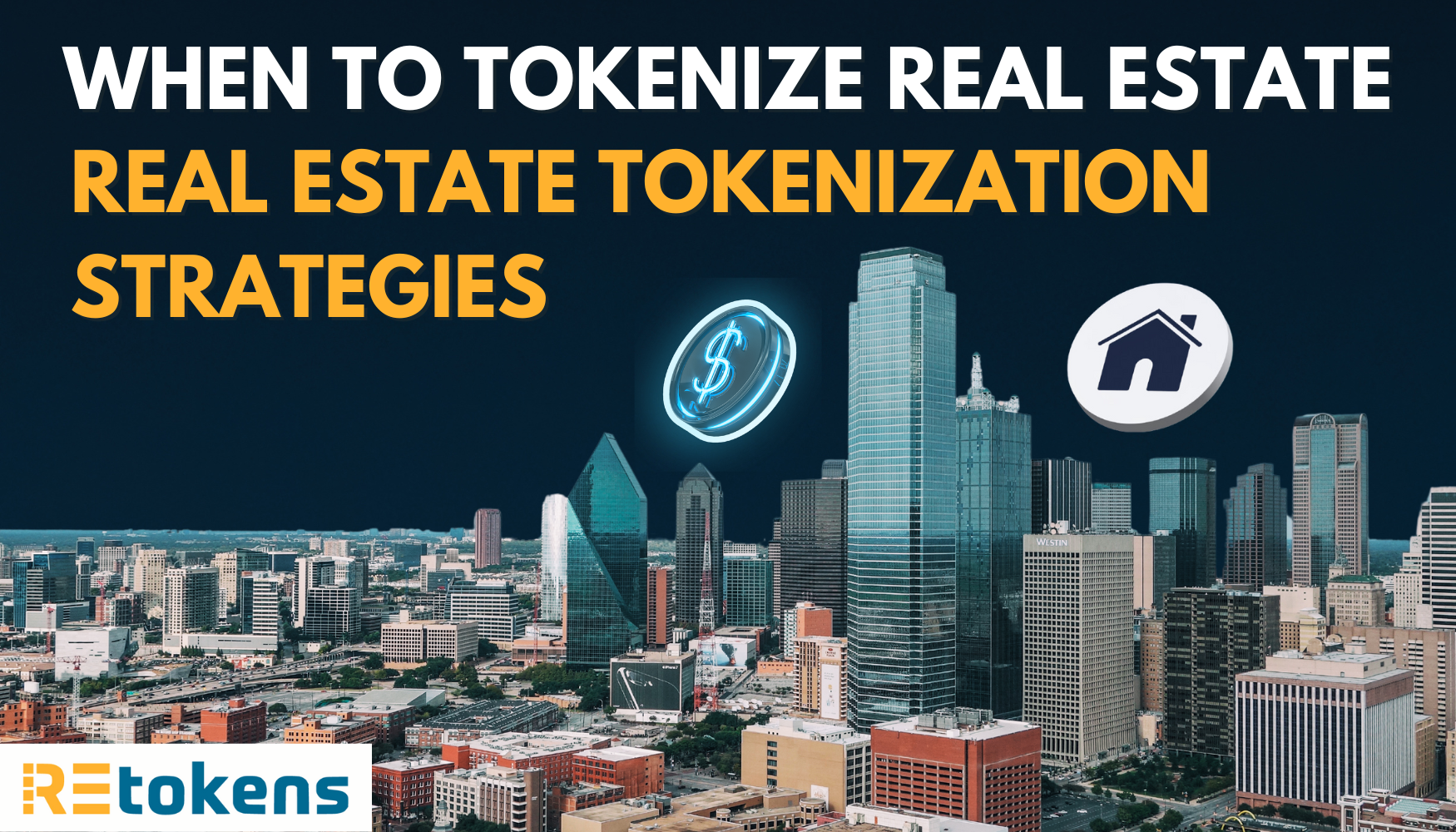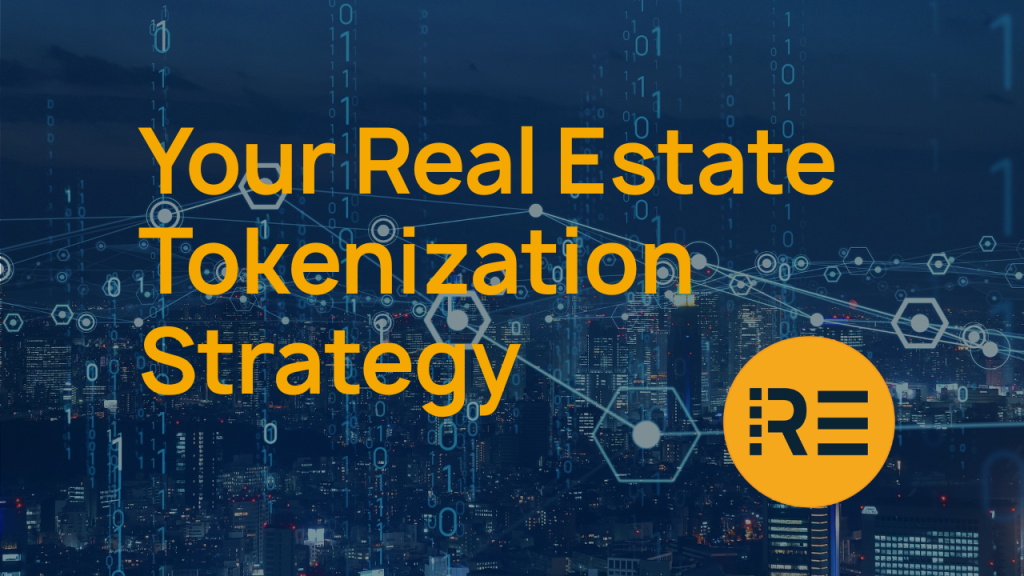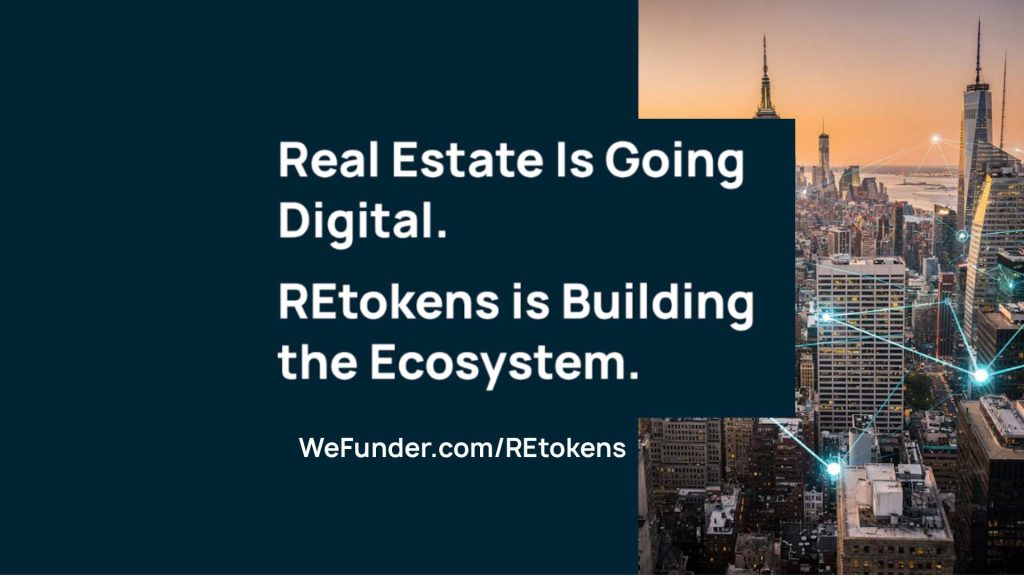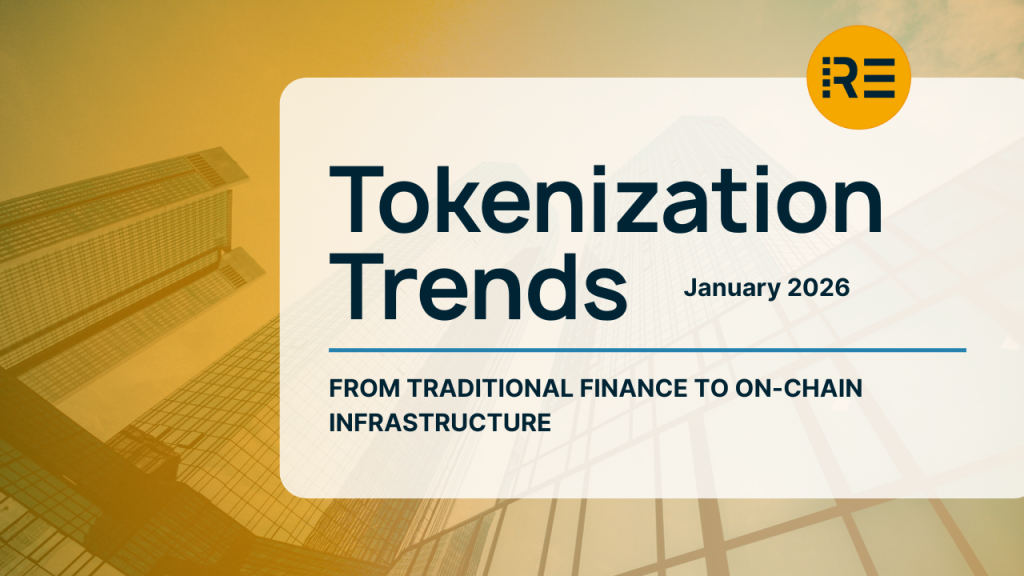When to Tokenize Real Estate: Real Estate Tokenization Strategies
As the digital transformation of traditional industries continues, real estate is emerging as a prime candidate for innovation through blockchain technology. Real estate tokenization is revolutionizing how properties are owned, traded, and managed, offering numerous advantages over conventional methods. In this blog post, we’ll explore the different strategies for real estate tokenization and the benefits they bring to the table.
What is Real Estate Tokenization?
Real estate tokenization involves converting the ownership of a real estate asset into digital tokens on a blockchain. Each token represents a fractional share of the property, allowing investors to buy and trade these shares much like stocks. This process democratizes access to real estate investments, enhances liquidity, and introduces new opportunities for diversification.
Real Estate Tokenization Strategies
There are three main types of real estate tokenization strategies we typically see:
- Tokenization of a Single Property or Project:
- Description: This strategy involves a special purpose entity (SPE), usually an LLC, that owns a specific real estate asset. The SPE ownership is turned into digital ownership units, or tokens.
- Use Cases:
- Unlocking trapped equity.
- Raising capital for acquisition and development.
- Eliminating the need for traditional bank loans when they are due.
- Benefits: Provides a streamlined process for investors to gain ownership in specific properties and allows property owners to efficiently raise capital without the complexities of traditional financing.
- Tokenization of Multiple Properties or Projects:
- Description: This approach involves tokenizing a SPE or LLC that owns multiple properties or plans to acquire multiple properties.
- Use Cases:
- Syndicators or General Partner (GP) groups can unlock equity in their portfolios.
- Facilitates acquisition or development of a property portfolio, especially when properties are identified or financed short-term.
- Benefits: Offers a diversified investment opportunity across multiple assets, reducing risk and enhancing the appeal to a broader range of investors.
- Tokenization of a Real Estate Fund:
- Description: Typically involves a Blind Pool Fund where the SPE is tokenized and capital is raised by selling security tokens (equity units) for unidentified acquisition and development.
- Use Cases:
- Raising capital without identifying specific properties upfront.
- Providing liquidity through secondary marketplace trading of tokens.
- Benefits: Allows for flexible capital deployment across various projects and offers investors the ability to trade their holdings in secondary markets, enhancing liquidity and investment flexibility.
Why Tokenize Real Estate?
Understanding these tokenization strategies sheds light on how real estate professionals can use blockchain to enhance their investment strategies. Here are some key benefits:
- Democratizing Access: Tokenization allows smaller investors to participate in real estate investments that were previously out of reach due to high entry costs.
- Enhanced Liquidity: Tokens can be traded on secondary markets, providing liquidity that is often lacking in traditional real estate investments.
- Transparency and Security: Blockchain technology ensures transparent and secure transactions, reducing the risk of fraud and increasing investor confidence.
- Efficient Capital Raising: Tokenization streamlines the process of raising capital, eliminating many of the hurdles associated with traditional financing methods.
Conclusion
Real estate tokenization is more than a technological advancement; it’s a paradigm shift in how we perceive and engage with property investments. By leveraging the power of blockchain, real estate professionals can unlock new opportunities, enhance investment strategies, and provide greater access to a broader audience. Whether you’re looking to tokenize a single property, multiple properties, or an entire fund, understanding these strategies will help you navigate this exciting new frontier in real estate.






